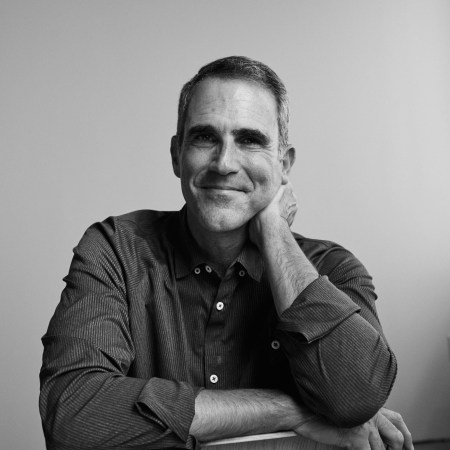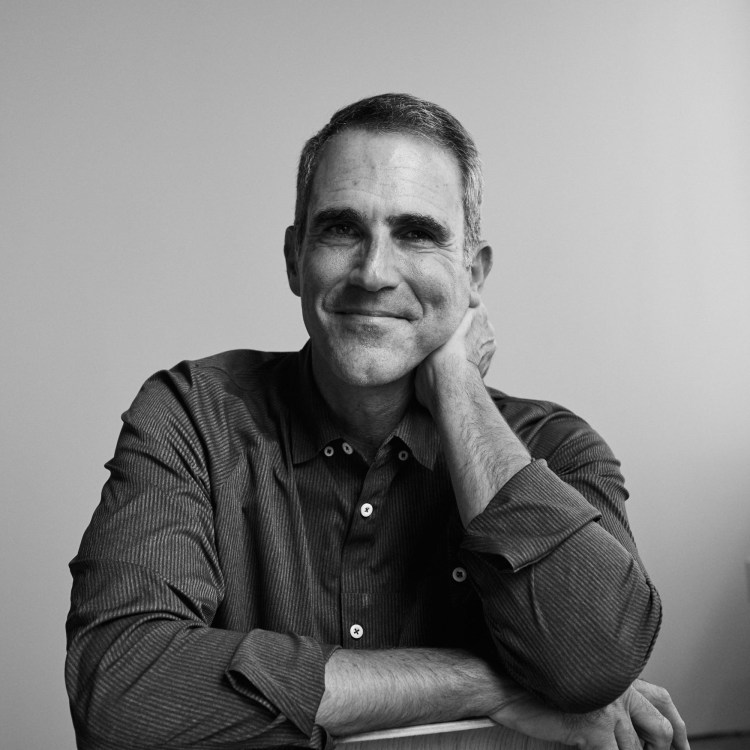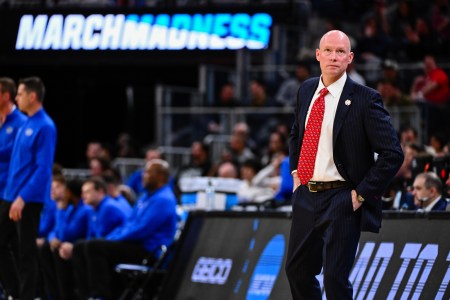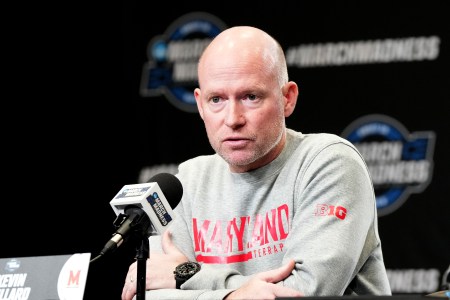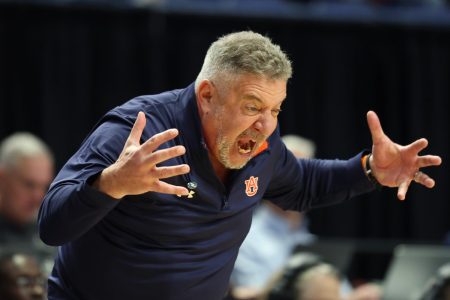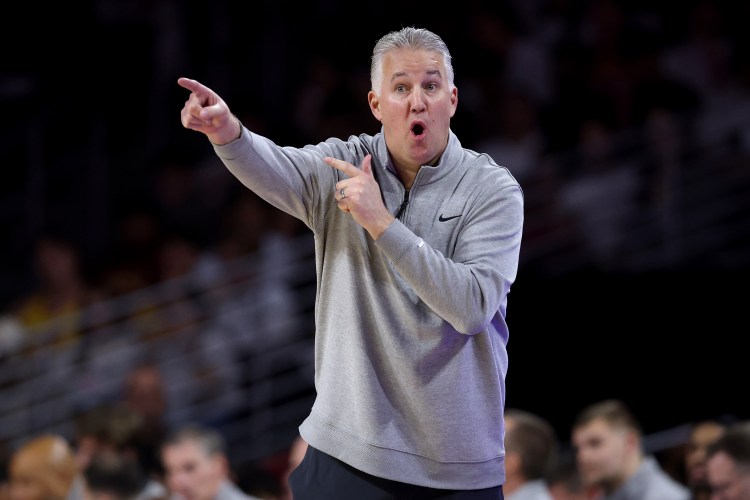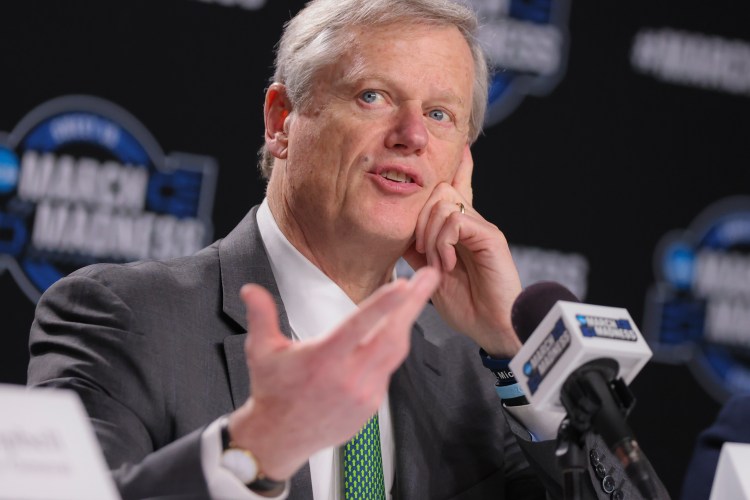Kevin Willard thought he had a lot of chaos to navigate when he left Seton Hall for Maryland in 2022. That, however, pales in comparison to the turbulence Willard has flown through since becoming Villanova’s coach on March 30. Not only has transferring become even more rampant in the last three years, but de facto player salaries have grown exponentially, not least because everyone has been attempting to front-load Name, Image and Likeness deals before the new revenue sharing cap kicks in next month. Meanwhile, Willard’s public image has taken a beating and the fan base he left behind considers him the basketball equivalent of Satan. What, him worry?
By the time Willard got busy on the Main Line, Villanova had just two returning scholarship players, only one of whom played last season. Over the ensuing eight weeks, Willard, 50, had to assemble a staff, fashion a new roster from scratch and introduce himself to his new bosses, boosters and community of support. Needless to say, he hasn’t had time for small matters like finding a place to live. Rather, he quickly settled into a small cottage near campus while his family remained back in Maryland so his son and daughter could finish up their academic years in high school.
“It’s really hard for people to understand how crazy it is. I think we had 17 (recruiting) visits in 22 days,” Willard told Hoops HQ. “You spend your first month trying to get your staff together, and then right away you have to get into the portal. You’ve got to get out and start meeting your alumni, your boosters, players, former players. And you’ve got to take care of your family.”
The efforts bore fruit as Willard brought in 11 new players, including eight transfers. While it was important to put together a roster that would be competitive in the Big East — and he believes he has done that — Willard focused his efforts on bringing in younger players who can develop over time and build a sustainable culture, a formula that was a staple of Jay Wright’s championship years there. “The only way to be really good is to have players that you can retain,” Willard said. “I wanted to build with a good young nucleus that can get better and we can win a championship with. You can’t do that by bringing in a bunch of fifth-year seniors every year and trying to knock it out of the park in the portal.”
As for those still-very-pissed-off Maryland fans, what’s left to be said? Plenty, apparently. The situation left a lot of bad feelings that are not likely to heal soon, if ever. Willard understands the reasons for that, but he said it does not diminish how he feels about his time in College Park. “I know it turned out ugly, but I love the place. It’s a great place,” he said. “I like the fan base. I know they hate me, but I loved living there. I loved everything about it.”
To No One’s Surprise, Kevin Willard Is Leaving Maryland for Villanova
Willard took the Terps to the Sweet Sixteen. Now he’s taking the Villanova job.
During his conversation with Hoops HQ, Willard consistently maintained that he had every intention to remain in College Park for the foreseeable future. Indeed, in the weeks before the NCAA Tournament, he had been hammering out a contract extension with then-athletic director Damon Evans. As Selection Sunday approached, he was confident that he had a long runway ahead with the program.
That changed two days before the Terps’ first-round game against Grand Canyon, when Willard learned that Evans was about to accept the AD position at SMU. Willard said he had no advance warning that the move was coming. “Someone I know at SMU called and he asked, how’s your guy? I’m like, oh, he’s great. Why? He said, he just took the job,” Willard recalled. “I just wasn’t expecting that.”
The timing was epically bad for Maryland, because the day before, Willard had also gotten a call from his agent Jimmy Sexton informing him that he was a candidate at Villanova, which had fired Kyle Neptune on March 15. Willard had seen during his time at Seton Hall just how strong Villanova’s financial and fan support was. He was nowhere near ready to say yes, but even with those contract talks being finalized, he wasn’t saying no. He decided to table the conversation until after his season was over. “You handle it,” Willard told Sexton. “That’s what I pay you for.”
Still, Willard believed he would be staying at Maryland. That is, until he got the news about Evans. “It was a really weird feeling because there was no thought process on me leaving,” Willard said. “But when the guy that hired you leaves and now all of a sudden you have no idea who’s coming in, and oh by the way there’s a really, really great program that wants you, that’s when you have to start thinking about things.”
As all of this unfolded, Willard was stepping into the most public of forums as an NCAA Tournament coach. Rumors were already percolating that he could be a candidate at Villanova, so he was naturally asked about it the day before the Terrapins’ first-round game. Most coaches in that situation prefer to say as little as possible, but Willard said too much, especially regarding his concerns about how Maryland’s basketball program was run. He gave a specific example of the time he wanted his team to stay in New York City an extra night following a late December holiday tournament, but was told he couldn’t because it cost too much. Looking back, Willard said he was only being honest about how he felt, but he recognizes that it caused a lot of problems for him as well as his team.
“My point about the New York deal was, that was an example of what was going on,” Willard said. “It was nothing horrendous or anything. I just wanted a little bit more control. I wanted a little bit more flexibility with some of the things within the program. I didn’t want to deal with certain people. It wasn’t like I was asking for a lot of money or anything. I just wanted my program to get treated better.”
Willard rebutted the oft-repeated accusation that he promised his players he was staying at Maryland. “I was as honest with my players as I was with the media,” he said. “I told them exactly what was happening. They knew exactly what was going on the whole time. Why do you think they played so well?”
Who Will Be the Next Maryland Coach? Terps Turn Focus to Replacing Kevin Willard
Who will be the next head coach of the Terrapins?
The Terps lost 87-71 to Florida in the Sweet Sixteen on March 27. Three days later, to no one’s surprise, Willard accepted the Villanova job. Willard immediately dove into his new situation. He brought five coaches from his staff at Maryland but chose to retain Neptune’s top assistant, Ashley Howard. “He’s so well-respected in Philadelphia,” Willard said. “I thought I needed that.”
Willard courted two of his top players from Maryland, 6-foot senior guard Ja’Kobi Gillespie and 6-foot-4 junior guard Rodney Rice. He struck out with both. Gillespie really wanted to return to his home roots at Tennessee and Rice took a big payday at USC. “I took a lot of pride knowing that two of my players were some of the highest-paid guys in the portal,” Willard said. He settled for three other Terps who played bit roles last season — 7-foot junior center Braden Pierce, who played five games before sustaining an eye injury; 6-foot-9 senior forward Tafara Gapare, a New Zealand native who averaged 3.4 points in 10.3 minutes; and 6-foot-6 sophomore guard Malachi Palmer, whose 8.4 minutes per game were enough to convince Willard of his upside. “Malachi is a pro,” Willard said. “It’s not going to happen in year one, but he’s got an unbelievable work ethic.”
The highest-ranked transfer in Willard’s class, according to EvanMiya.com, is Duke Brennan, a 6-foot-10 senior forward from Grand Canyon. Willard was plenty familiar with Brennan, having tried to recruit him out of high school and then facing his team in the first round of the NCAA Tournament. Brennan averaged 10.4 points and 9.2 rebounds last season for the Lopes. “He was a really big piece for us,” Willard said. “I had a lot of respect for how hard he played.”
Brennan and Gapare will be two of three seniors on the roster next season. The other is Devin Askew, a 6-foot-5 guard who transferred from Long Beach State and is on his fifth school. “Dev is going to be able to help the young guys and be a leader on the team,” Willard said.
According to Willard, 6-foot-3 junior guard Bryce Lindsay, a transfer from James Madison who shot 40.8 percent from three, is “an absolute sniper,” and Temple transfer Zion Stanford, a 6-foot-5 junior wing, brings elite versatility. “Point forward, point guard, two guard, I can put him anywhere on the court,” Willard said. The roster will also include three freshmen, two of whom (6-foot-2 guard Acaden Lewis and 6-foot-3 guard Chris Jeffrey) are rated in the top 75 of the senior class in the 247Sports Composite, as well as 6-foot-4 junior guard Tyler Perkins, who was the team’s sixth man last season and averaged 6.3 points and 4.3 rebounds.
This team doesn’t have any apparent superstars, and with so many new underclassmen the group could take more than a season to gel — if it stays together, of course. But Willard balked at the opportunity to play down expectations for next season. “I actually think we’re going to be pretty good,” he said. “I love our depth. I love the fact that we can have four or five guys that can play three or four different positions. I think we can really get after it defensively. The biggest thing is we have to be patient and let those young guys develop.”
During his tenure at Seton Hall, Willard got an up-close-and-personal view of Villanova’s fans. “I was always envious of how passionate of a fan base it is,” he said. Passion, as he has learned the hard way, can flow in many directions. The bottom line is the same in Philly as it was in College Park: If you win enough, they’ll love you. If you leave, they’ll hate you. Willard’s honeymoon with Villanova fans has been smooth, but there is plenty of turbulence ahead.
